Character Development In Games
Published: 7:59 AM
Table Of Content [Close]
Characters within video games serve as pivotal elements in engaging players and driving immersive experiences. Character development encompasses the evolution, depth, and growth of these virtual personas throughout the gameplay journey.
It involves shaping their personalities, motivations, backstories, and arcs, allowing players to connect emotionally and intellectually.
 |
| Character development is the cornerstone of immersive gaming experiences, shaping narratives and player engagement |
From RPGs to action-adventures, the art of character development not only influences the narrative but also impacts player choices and interactions.
Understanding the nuances of creating well-rounded, relatable characters is fundamental to crafting memorable gaming experiences that resonate long after the game ends
The Importance of Character Development
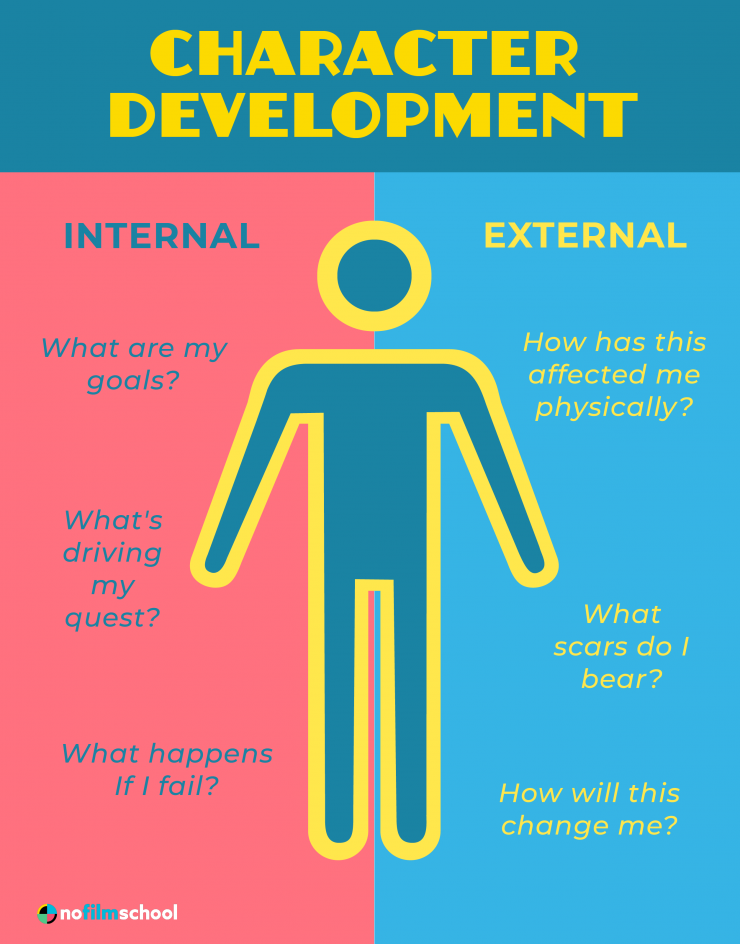 |
| Character development is the cornerstone of immersive gaming experiences, shaping narratives and player engagement |
The importance of character development transcends various storytelling mediums, influencing narratives profoundly.
In literature, films, and especially in gaming, well-crafted characters are the linchpin of compelling stories. They are the vessels through which audiences emotionally invest and engage, creating lasting impressions.
Characters with depth, relatability, and growth arcs not only entertain but also provoke thought and reflection.
Their evolution throughout a story serves as a mirror for human experiences, allowing audiences to empathize, learn, and introspect.
In gaming, this becomes even more crucial as players actively inhabit and interact within these character-driven worlds, making decisions that shape their journey.
Robust character development is, therefore, the cornerstone of immersive storytelling, forming an indelible connection between the audience and the narrative
Types of Character Development
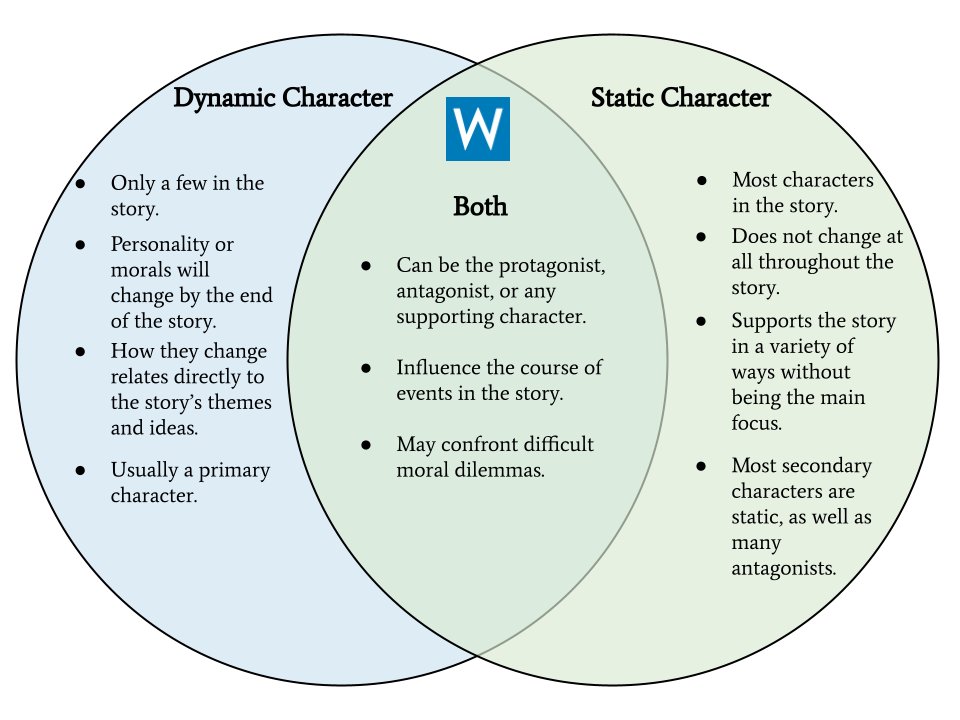 |
| Exploring the nuanced types of character development in narratives, shaping diverse and engaging personas within stories |
Types of character development encompass a spectrum of approaches employed to enrich and evolve fictional personas within narratives.
These variations include internal development, where characters undergo emotional, moral, or psychological changes throughout the story.
External development focuses on tangible transformations, such as physical alterations or changes in the characters' circumstances.
Dynamic development involves significant shifts in a character's beliefs, values, or behaviors, often due to pivotal events or experiences.
Static development, on the other hand, features characters who maintain their core traits or beliefs despite the surrounding changes.
Hybrid development combines multiple types, creating multifaceted characters that undergo both internal and external changes.
Understanding these diverse approaches allows storytellers to craft intricate and engaging character arcs that resonate with audiences
Narrative and Storytelling in Character Development
 |
| The symbiotic relationship between storytelling and character development, forming the foundation of immersive narrative experiences |
In 'The Last of Us,' storytelling intertwines seamlessly with character development, portraying Joel and Ellie in a post-apocalyptic world.
The game's narrative brilliance lies in its ability to shape these characters through their experiences, evoking empathy and understanding from players.
The organic growth of Joel and Ellie as they navigate through perilous situations not only showcases superb storytelling but also highlights the crucial role of character development in creating an emotionally immersive gaming experience.
For a detailed review and analysis of how 'The Last of Us' exemplifies these elements, check out this comprehensive review The Last of Us game review
Evolution of Character Development in Video Games
 |
| The dynamic evolution of character development in video games: from simple avatars to intricately crafted, emotionally immersive personas |
The evolution of character development in video games marks a fascinating journey reflecting the industry's growth and technological advancements.
From pixelated avatars with limited backstory to intricately designed personas with complex emotions and interactive narratives, gaming has witnessed a remarkable transformation.
Earlier, characters were primarily defined by their abilities or appearances, but now, they boast rich backgrounds, multifaceted personalities, and dynamic arcs.
The shift towards player-driven narratives allows for deeper immersion, where gamers actively shape characters' destinies through their choices.
As technology advances, motion capture, voice acting, and AI contribute to lifelike characters, enhancing the gaming experience.
Understanding this evolution is key to appreciating how video games have transcended mere entertainment, becoming platforms for compelling storytelling and nuanced character portrayals
Key Elements of Effective Character Development
 |
| Vital elements contributing to effective character development, crafting engaging and relatable personas within stories |
Effective character development in storytelling involves several key elements essential for creating compelling and relatable personas.
Firstly, a well-defined character needs a distinct personality, shaped by beliefs, flaws, motivations, and aspirations.
Their growth and transformation over the course of the narrative are crucial, along with consistency in their actions and reactions.
Providing characters with depth through backstory, experiences, and relationships adds layers to their identity, making them more relatable.
Engaging in meaningful conflicts and facing challenges that test their beliefs and values contribute significantly to their development.
Lastly, allowing characters to evolve organically and authentically within the story, while maintaining a balance between unpredictability and logical progression, ensures their resonance with the audience
Psychological Impact of Well-Developed Characters
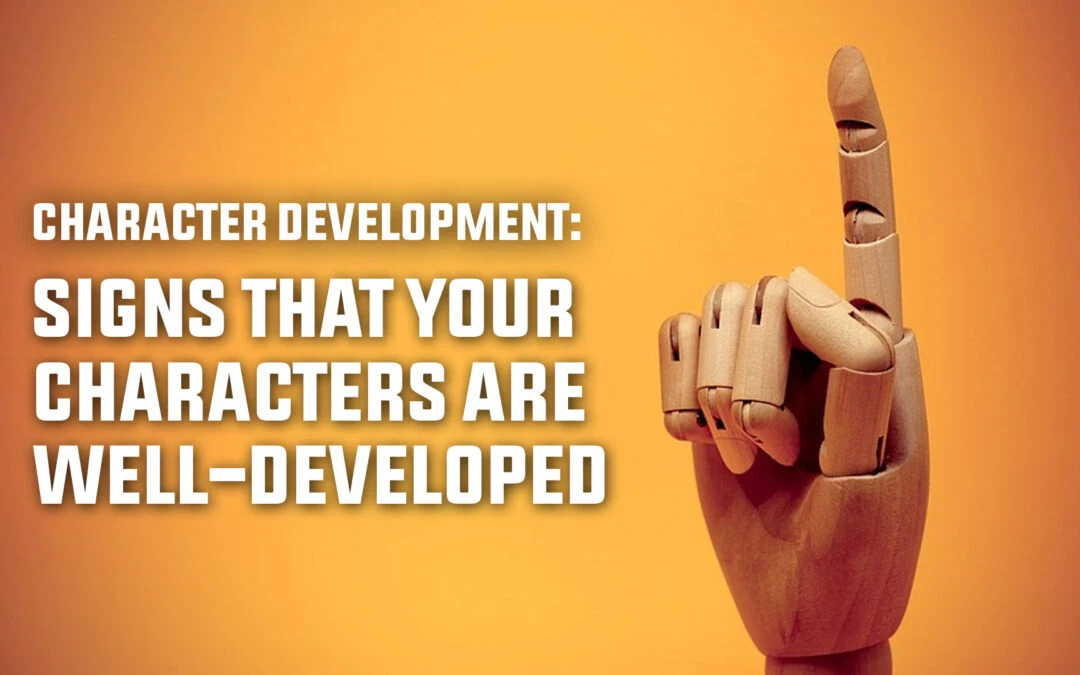 |
| The profound psychological influence of well-crafted characters: fostering empathy, reflection, and connections within audiences |
Well-developed characters wield a profound psychological impact on audiences, transcending the boundaries between fiction and reality.
Their authenticity and depth resonate with individuals on emotional and cognitive levels, fostering empathy and connection.
Engaging with these characters triggers emotional responses, allowing audiences to vicariously experience their joys, struggles, and growth.
Such immersion often leads to a sense of identification, where audiences relate their personal experiences to those of the characters.
These connections can evoke introspection, empathy, and even inspiration, influencing perspectives and behaviors in real life.
The psychological impact of well-developed characters extends beyond mere entertainment, leaving lasting imprints on individuals, shaping perceptions, and offering valuable insights into the human condition
Player Engagement through Strong Character Development
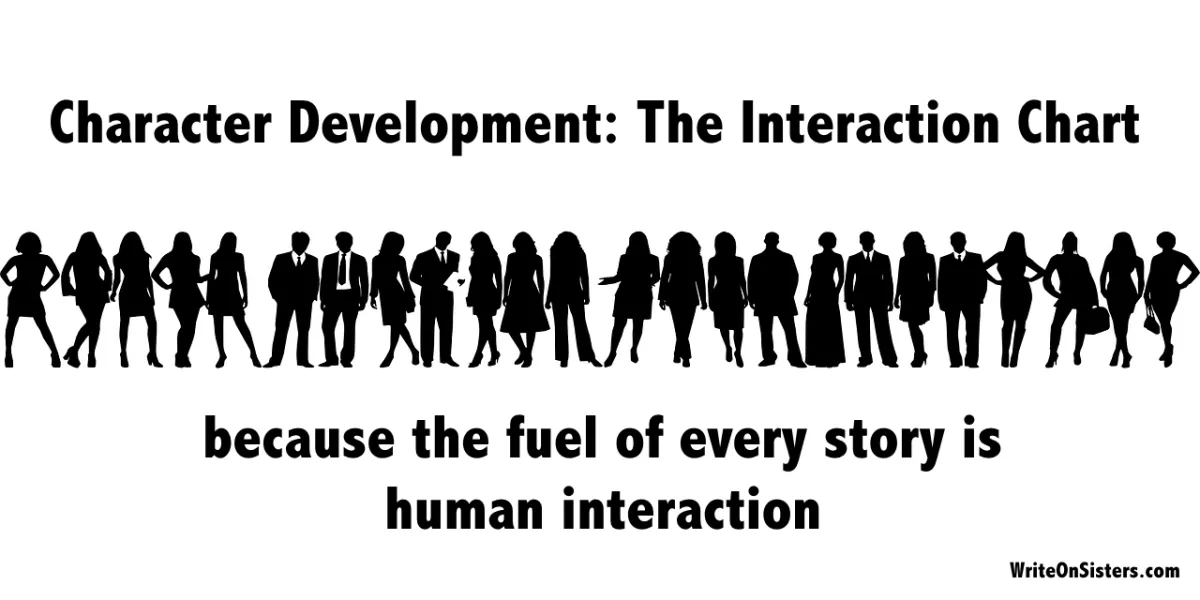 |
| The immersive power of strong character development: fostering player engagement and interactive storytelling within gaming |
Player engagement thrives on the foundation of strong character development within games, fostering an immersive and captivating experience.
When game developers invest in creating multifaceted, relatable characters with distinct personalities, motivations, and growth arcs, they inherently draw players into the game world.
Characters that evolve dynamically and react to player actions instill a sense of agency, making players feel their choices matter.
Emotional connections with these characters drive player investment, prompting deeper exploration and investment in the game's narrative.
As players relate, empathize, or even challenge these personas, they become active participants in shaping the character's journey, amplifying their engagement and commitment to the gaming experience.
Character Arcs and Progression in Gaming
 |
| The evolution of characters: Understanding character arcs and progression as integral parts of immersive gaming experiences |
Character arcs and progression in gaming are pivotal elements that define a character's transformation throughout the gameplay experience.
Similar to traditional storytelling, characters in games undergo arcs—evolving, learning, and changing as the narrative unfolds.
These arcs often consist of distinct stages, from the initial introduction of the character to the resolution or culmination of their story.
Progression in gaming involves not only the narrative development but also the character's skills, abilities, and relationships, reflecting the player's journey and choices.
Engaging character arcs create a sense of investment and attachment for players, compelling them to follow and shape the character's trajectory, thus enriching the overall gaming experience
Challenges and Considerations in Crafting Game Characters
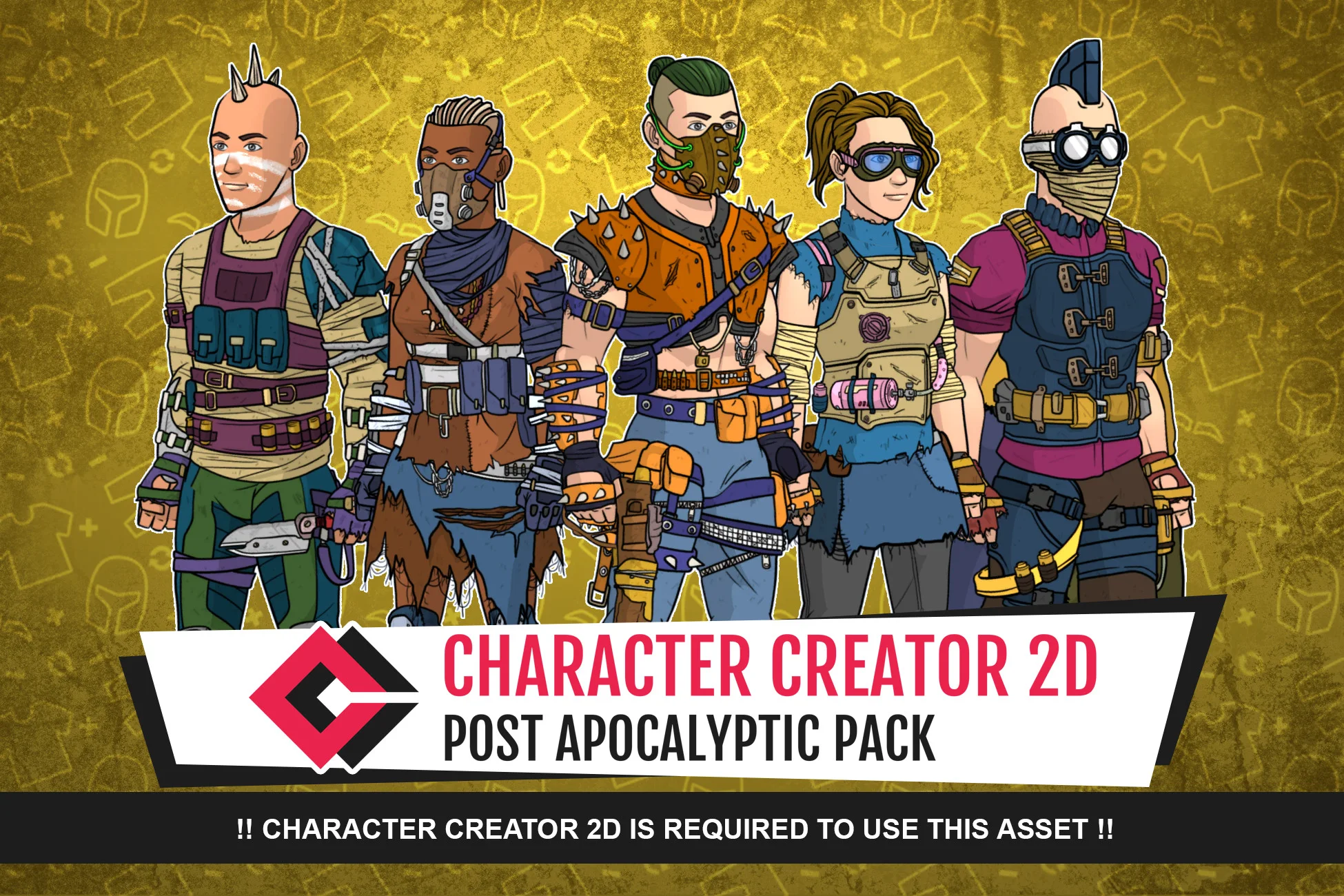 |
| Navigating complexities: Challenges and considerations game developers encounter in crafting immersive and diverse game characters |
Crafting game characters involves navigating various challenges and considerations crucial to creating immersive and resonant personas.
One significant challenge lies in striking a balance between uniqueness and relatability—ensuring characters stand out while being believable and engaging.
Developing characters that appeal to diverse audiences, considering cultural sensitivities and inclusivity, poses another challenge.
Additionally, maintaining consistency in a character's personality and growth throughout the game without compromising the narrative's flow demands meticulous planning.
Balancing player agency while preserving the character's predefined traits and storyline poses an intriguing challenge, as developers aim to offer choices without diluting the character's essence.
Lastly, technological limitations and resource constraints can impact the depth and complexity of character development, requiring innovative solutions to create compelling personas within the gaming landscape.
The Role of Choices and Consequences in Character Development
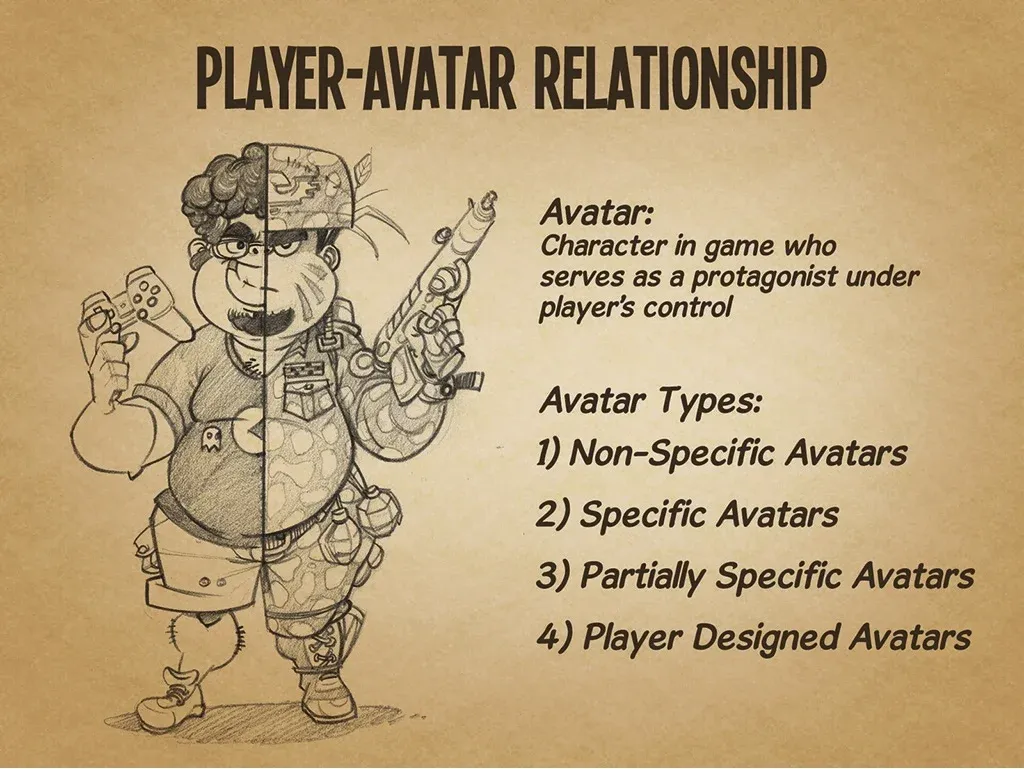 |
| Empowering players: Exploring the integral role of choices and consequences in character development, shaping immersive gaming narratives |
The role of choices and consequences in character development is paramount in shaping narratives and player experiences within games.
Choices offered to players have a direct impact on a character's journey, influencing their traits, relationships, and storyline outcomes.
These choices create a dynamic environment where players feel agency, as their decisions mold the character's personality and development.
Consequences stemming from these choices further deepen the immersion, reflecting the ripple effects of decisions made earlier in the game.
This interactive storytelling approach not only enhances replayability but also fosters a sense of responsibility and emotional investment, as players witness the tangible effects of their actions on the characters' growth and the game world.
Cultural and Social Representation in Game Characters
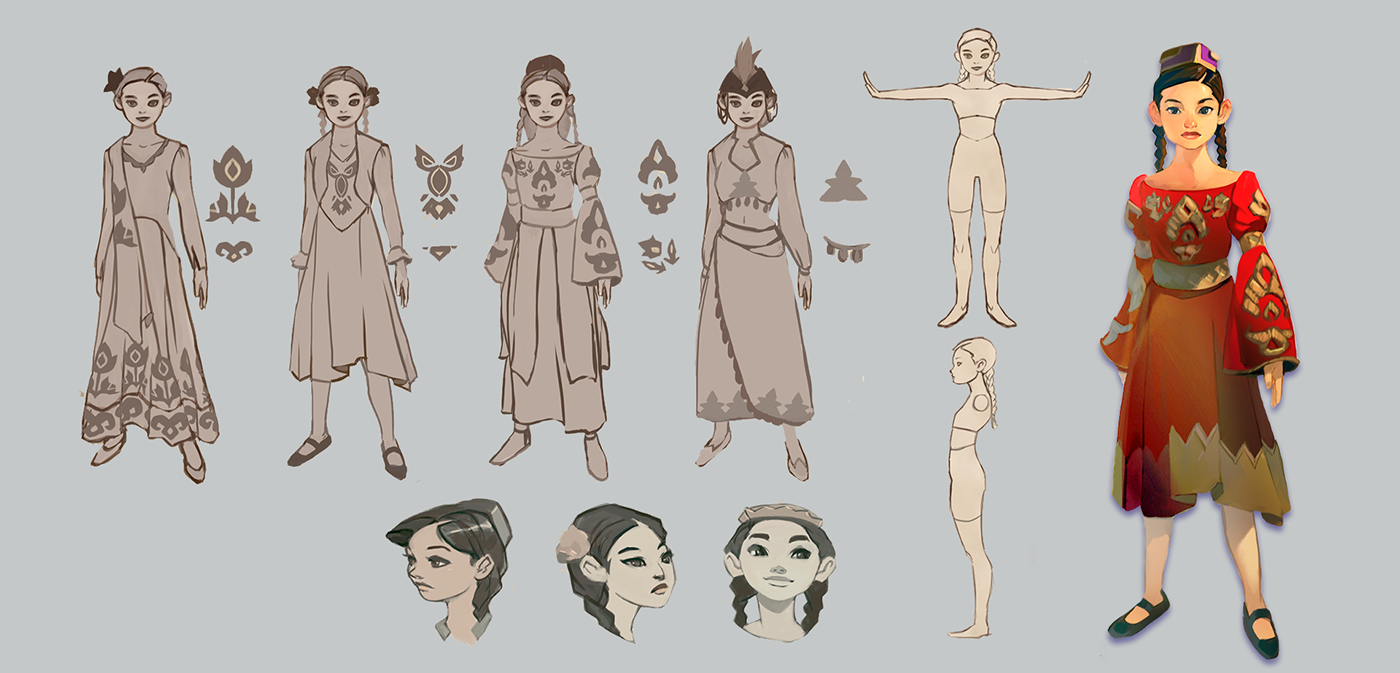 |
| Diversity matters: Exploring the importance of cultural and social representation in game characters, fostering inclusivity in gaming narratives |
Cultural and social representation in game characters play a crucial role in fostering inclusivity, diversity, and relatability within gaming narratives.
Diverse representation encompasses various aspects, including ethnicity, gender identity, sexual orientation, beliefs, abilities, and more.
When game developers prioritize authentic and respectful portrayals of diverse backgrounds, it enriches the storytelling experience, allowing players to connect with characters from different cultural and social perspectives.
Meaningful representation not only reflects the real world but also cultivates empathy and understanding among players.
It promotes a sense of belonging for underrepresented communities and contributes to a more inclusive gaming landscape, where players can see themselves reflected in the characters they engage with
Technological Advances and Character Depth
 |
| The impact of technology: Advancements elevating character depth in gaming, enhancing immersion and emotional engagement for players |
Character Development across Different Game Genres
 |
| Diverse approaches: Examining character development across different game genres, highlighting varied storytelling techniques and player engagement |
Measuring Success: Evaluating Effective Character Development
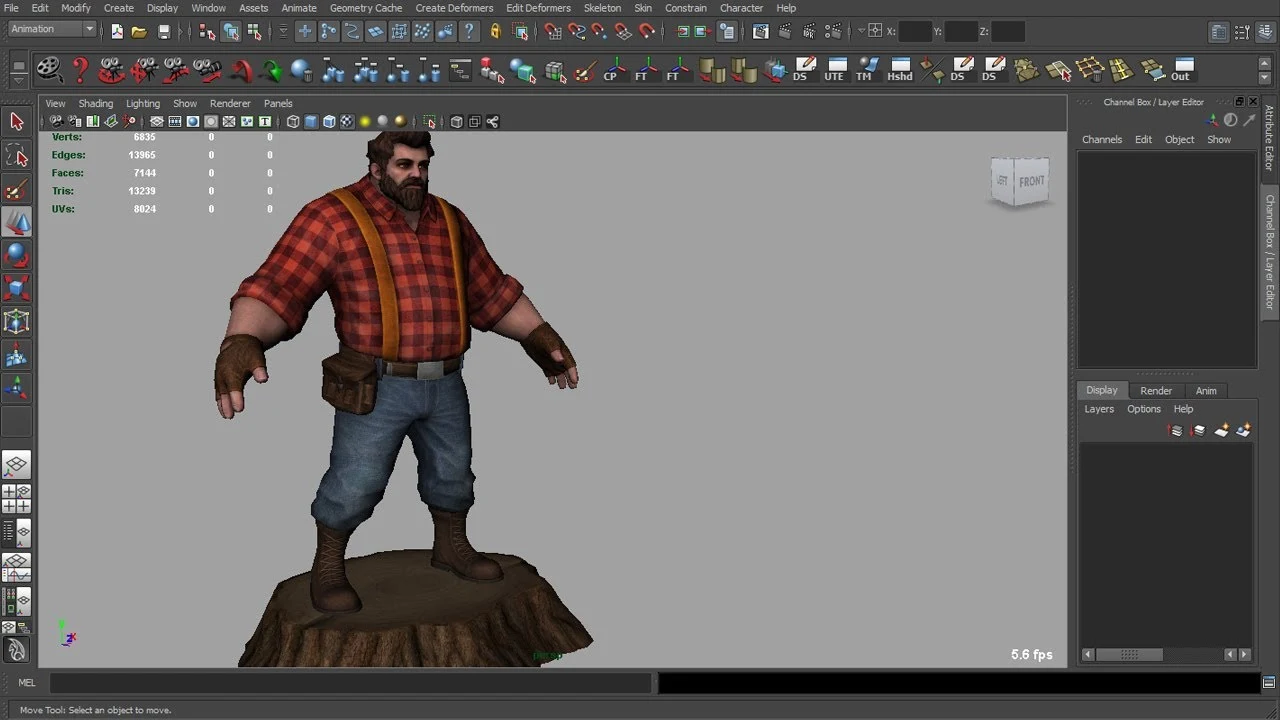 |
| Evaluating success: Understanding the criteria for effective character development in games, assessing engagement and impact on player experiences |
Character Customization vs. Predetermined Development
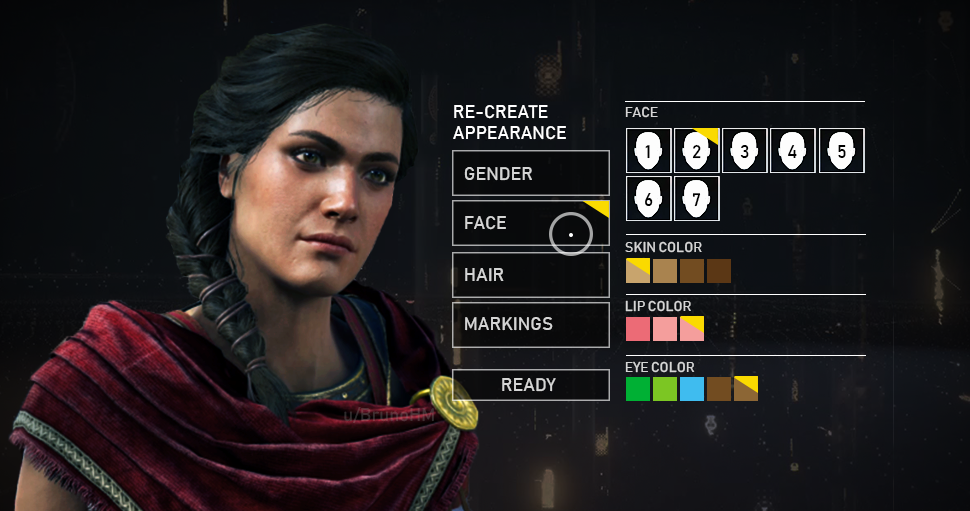 |
| Navigating Choices: Exploring the divergence between character customization and predetermined development in gaming |
The Future of Character Development in Gaming
 |
| Towards Boundless Possibilities: Envisioning the dynamic future of character development in the ever-evolving gaming landscape |
Memorable Characters in Gaming History
 |
| Legends Never Fade: Celebrating the enduring legacy of unforgettable characters that shaped gaming history |
Learning from Successful Character Development Examples
 |
| Unveiling Success Stories: Embracing lessons from exemplary character development in gaming history |
Tips for Game Developers: Crafting Compelling Characters
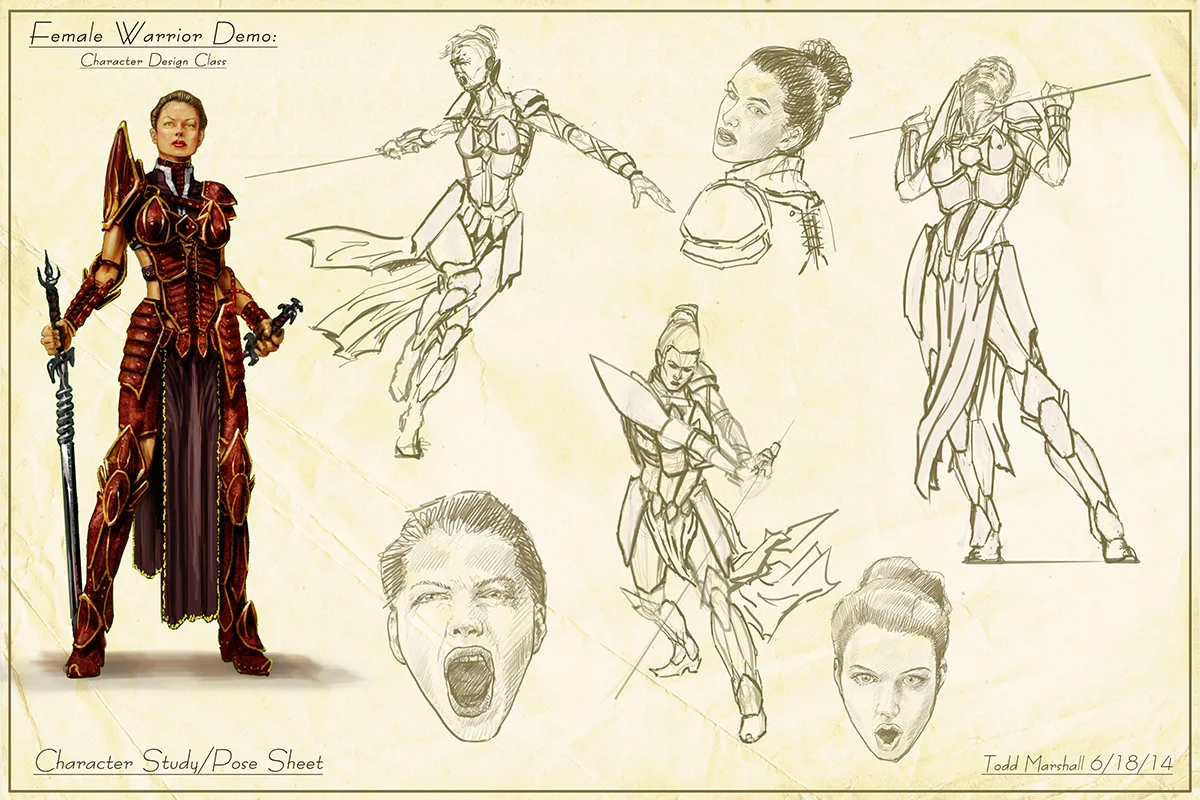 |
| Crafting Compelling Characters: Insights and strategies for game developers to sculpt engaging personas, fostering immersive gaming experiences |
Crafting compelling characters is an art that game developers continually refine.
It involves meticulous attention to detail, from designing distinctive personalities and backstories to creating meaningful character arcs that resonate with players.
Understanding player motivations and emotions aids in sculpting relatable personas.
Employing diverse inspirations and archetypes while ensuring character consistency throughout the narrative also contributes to their allure.
Collaboration among writers, designers, and voice actors further enriches the character's depth.








